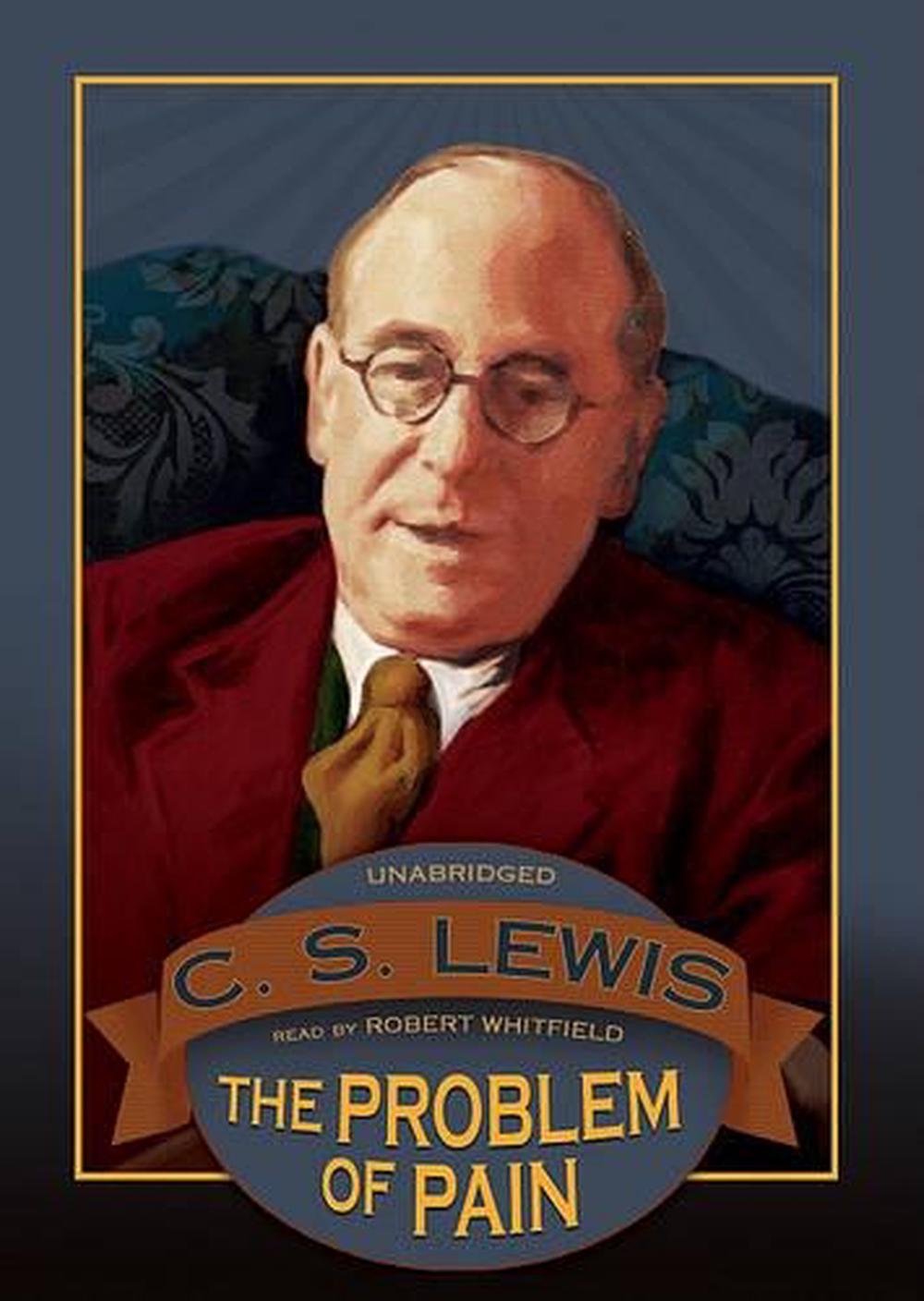

What’s needed more than knowledge is courage, and more than courage, the love of God. He’s hoping this is nothing new, but just orthodoxy.

Lewis says he’s not an expert in carrying out what he’s says, nor is he a theologian. (I will be citing the copy of The Problem of Pain printed by Harper Collins.) But I would very much encourage you to read any of the Lewis’ quotes. If you want to get a quick but decently detailed outline of the book, you can just read the chapter summaries. Then I will provide no more than five quotes from each chapter (I could’ve included many more! But I’ll limit myself to five). For each, I will give a chapter summary, trying to formulate his chapter thesis in my own words. The book consists of a preface and ten chapters (plus an appendix not written by Lewis, so I will not include a summary nor quotes). And it is in this, Lewis argues, that we can start to give a response to the problem of pain. But Lewis’ main argument, thesis, and answer to the question throughout the book is that God can use evil and pain to mold us and make us into who we each were made to be. To provide an answer, Lewis delves into many areas of Christian thought-apologetics, God’s goodness, the Fall of humanity, heaven, and even animal pain. He calls this “the problem of pain.” Traditionally many have used the term theodicy. In the book he seeks to reconcile God’s power and goodness with the presence of evil.


 0 kommentar(er)
0 kommentar(er)
